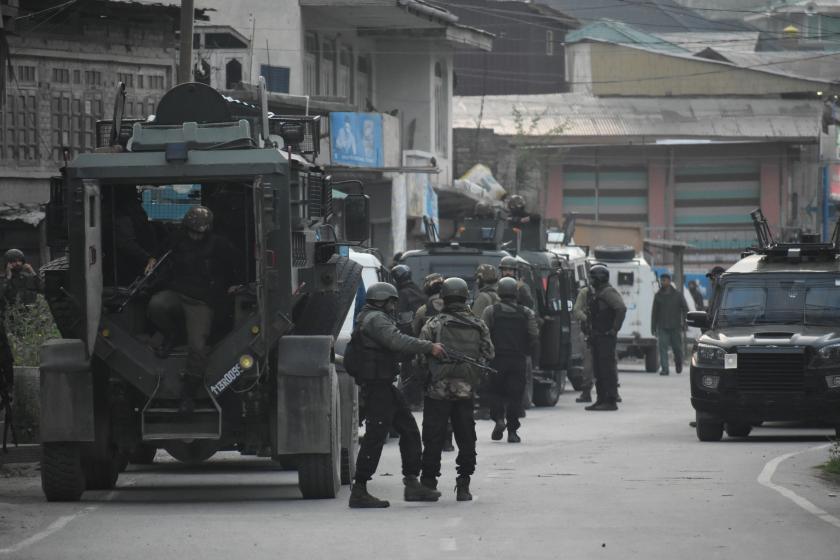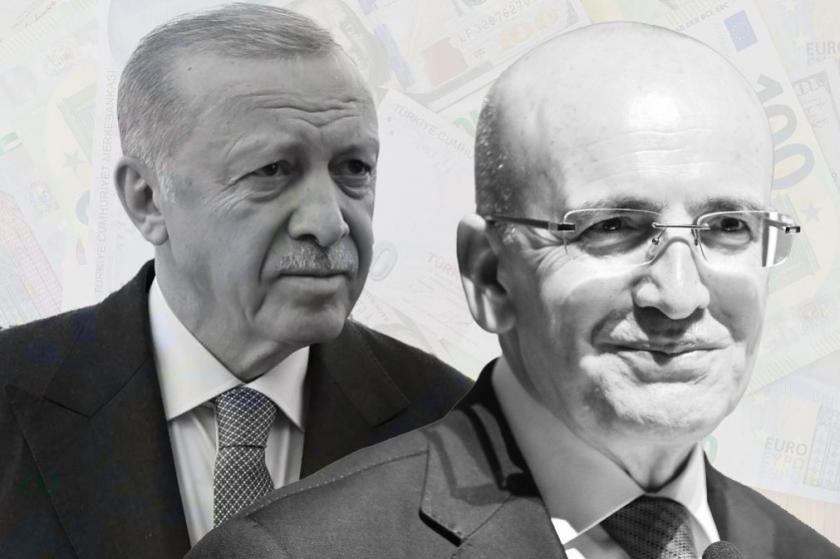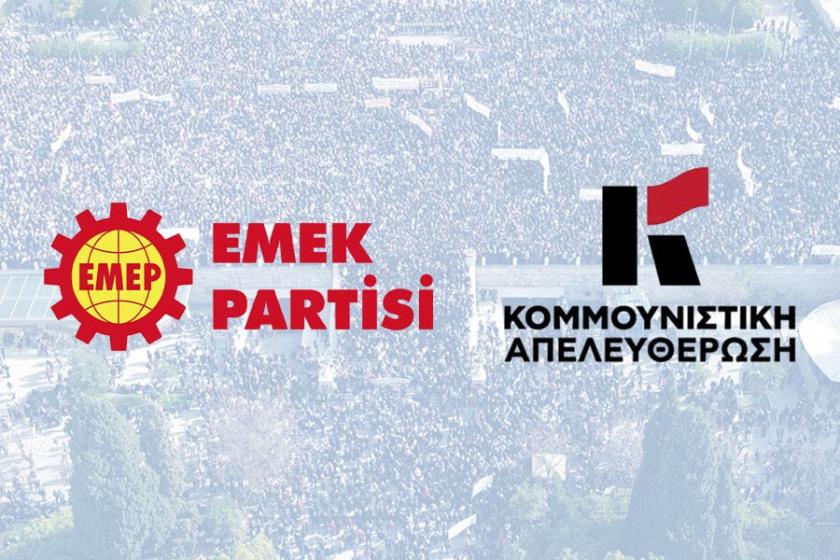India-Pakistan tension: War-mongering used to crush people
As tension reaches dangerous levels with air strikes, the Pakistan Workers Front and the Revolutionary Democracy Organisation of India have warned that the war policy is being used to crush the working people of both countries.

Fotoğraf: AA
Marxist-Leninist organisations from India and Pakistan issued a joint statement condemning the war policies of the ruling classes in both countries.
The Indian government, which blamed Pakistan for the 22 April attack in Indian-administered Kashmir that killed 26 civilians, carried out air strikes on three different locations in Pakistan. The Pakistani government responded by saying it would retaliate.
The Workers' Front (Mazdoor Mahaz) from Pakistan and the Revolutionary Democracy Organisation from India issued a joint statement. Noting that no group had claimed responsibility for the 22 April terrorist attack, the statement said:
"It is impossible for us to know who is really responsible for this attack or which state may have turned a blind eye to it. What is clear is that those who rushed to the aid of the survivors and took them to safety were ordinary working class Kashmiris, disproving theories of ethnic or religious hatred among them".
It has also been pointed out that the Indian armed forces, which are ubiquitous in the region, were not there to protect civilian tourists.
Terrorist acts used to punish the people
The statement stressed: "Whether carried out by those claiming to represent liberation movements or by state institutions, terrorist acts only serve to justify states arming themselves with unbridled power, harassing working people and promoting xenophobia among the masses. As Marxists-Leninists we condemn such acts unequivocally. It is crucial to distinguish between political violence used by the masses against the ruling classes and such attacks against non-combatants.
The attack has been used to disrupt all normal economic activities, including tourism, in the Kashmir Valley, to carry out arbitrary searches and punitive actions by the armed forces against the local population, to collectively punish the people, and to incite attacks against Muslims and Kashmiris across India.
"This situation further fuels the strategy promoted by the ruling party to advance Israeli-style settler colonialism in the Valley," the statement added.
War and enmity are being provoked
The statement continued as follows:
“It has also led to serious warmongering rhetoric against Pakistan and penalising the common people of both the countries. The suspension of Indus water agreement and the threat of stopping water to Pakistan, the order to all Pakistani citizens on legitimate visit to relatives in India to return within a few days, the suspension of all postal communication and trade between the two countries and closing of the air space to Pakistan (all of which measures have been equally reciprocated by Pakistan, including holding in abeyance the Shimla Agreement) only hit the lives of ordinary people who have had nothing to do with the conflict between the two states. Targeting innocent civilians for the real or imagined crimes of the government is a deliberate xenophobic strategy.
In addition, both the governments, which incidentally control large nuclear arsenals, have been threating to go on war with each other. While most other states have urged scaling down of tensions, China has taken postures in support of Pakistan, threatening a wider regional confrontation in case of a war. Sabre rattling and war mongering even if it actually does not result in a combat, creates fear and anxiety among the people living across the borders and generates hatred towards minority communities elsewhere.
All this deflects the public consciousness from the need to work towards a genuine democratic solution to the Kashmir problem and the damage done to it by the revocation of Article 370 of the Indian constitution and the dismemberment of the state of Jammu and Kashmir.
We call for restoration of normalcy in both the Valley and between India and Pakistan and return to multi-party negotiations to arrive at democratic solutions to problems which affect the labouring people of the entire South Asian region. However democratic solutions require democratic states and such solutions cannot be achieved until the people of South Asia struggle to build democratic states in their own countries.” (EVRENSEL DAILY)






Follow Evrensel